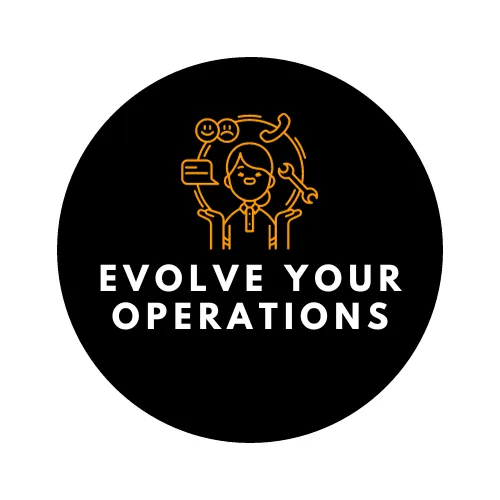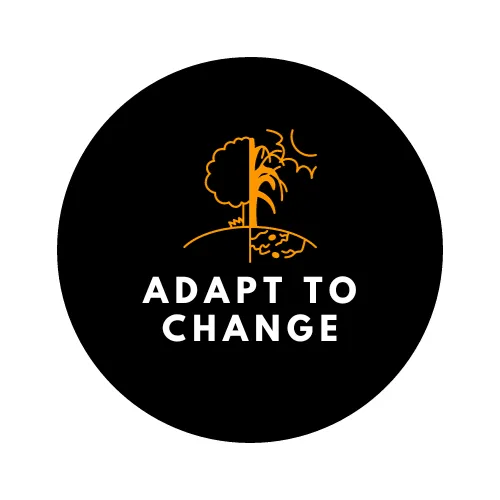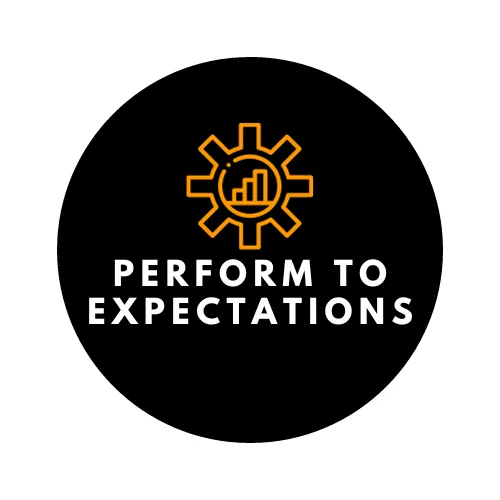Services: Empowering Businesses
Our coaching and business support services offer concrete advice and deploy strategies to help you confidently understand and manage all of your organization’s different functions.






Coaching Services
Coaching services for business involve a collaborative and strategic partnership between a trained coach and individuals within an organization. These services aim to enhance leadership skills, foster professional development, and improve overall organizational effectiveness.
Business coaching goes beyond traditional training and focuses on unlocking individual and collective potential to drive success. Coaching services play a pivotal role in developing leadership capabilities, improving team dynamics, and fostering individual and organizational growth. Whether focused on leadership development, team collaboration, or individual performance, coaching contributes to a culture of continuous improvement and success within the business realm.

Group Coaching: Small groups of business owners come together and work from a specific or formatted playbook
Business Coaching: Business owners meet with our coaches on a weekly basis to discuss What is going on in their business, deal with immediate needs and learn to run their business better.
Strategic Coaching: Our team directly gets involved in the operations of the business, helping with strategic and tactical decisions which help build and grow the mechanics of the business.
Financial Services
Financial Services for businesses encompass a range of offerings provided by financial institutions and professionals to help businesses manage their finances, make strategic decisions, and achieve long-term financial success. These services are critical for businesses of all sizes and across various industries.
Financial Services for business are integral to the success and sustainability of organizations. From day-to-day banking to long-term financial planning, businesses benefit from a comprehensive suite of financial services that support their growth, protect against risks, and contribute to overall financial health.
Fractional CFO Program
Bookkeeping Services
Accounting Services
Payroll Services
Incorporation Services
Personal Taxation Services
CRA Audit Support

Sales and Marketing Services
The strength of your brand's story and personality are crucial when it comes to attracting new clients and customers to your business. Whether you are a start-up just getting yourself going or an established business looking for growth and expansion we are here to help.

Fractional Sales Team
Graphic Design
Website Creation and Management
Logos and Branding Packages
Social Media Management
On-Page and Off-Page SEO Optimization
Keyword Research
Additional Focus Areas

Change Management
Change management is a systematic approach to dealing with the transition or transformation of an organization's goals, processes or technologies. The purpose of change management is to implement strategies for effecting change, controlling change and helping people to adapt to change.
Are you ready to create change in your business?

Project Management Training
Project management is the process of leading the work of a team to achieve all project goals within the given constraints. This information is usually described in project documentation, created at the beginning of the development process.
The primary constraints are scope, time, and budget. The secondary challenge is to optimize the allocation of necessary inputs and apply them to meet pre-defined objectives.
Do you need to manage your teams and projects better?

Strategic Planning
Strategic planning is an organization's process of defining its strategy or direction, and making decisions on allocating its resources and people to the best use.
Do you have a plan? Do you want one?

Six Sigma Implementation
Six Sigma refers to a methodology that is driven by data and statistics. It is used by businesses to eliminate defects and improve any of their processes to boost their profits.
Are you looking to improve your business processes?

LEAN Training
Lean is defined as a set of management practices to improve efficiency and effectiveness by eliminating waste. The core principle of lean is to reduce and eliminate non-value adding activities and waste.
Want to make improvements in your management practice?

NLP (Neuro-Linguistic Programming)
Neuro-linguistic programming (NLP) is a psychological approach that involves analyzing strategies used by successful individuals and applying them to reach a personal goal. It relates thoughts, language, and patterns of behavior learned through experience to specific outcomes.
Are you desiring to maximize your personal growth?

Sales Training
Sales training is the process of improving seller skills, knowledge, and attributes to drive seller behavioral change and maximize sales success. To be most effective, sales training should be viewed, designed, and executed as a change management initiative.
Want to improve your and your team sales skills?
"The Greatest Success Stories Were Never Achieved Alone."
Let's Transform Your Business Together
©2024 - Mitch Cammidge Coaching Ltd - All Rights Reserved.
